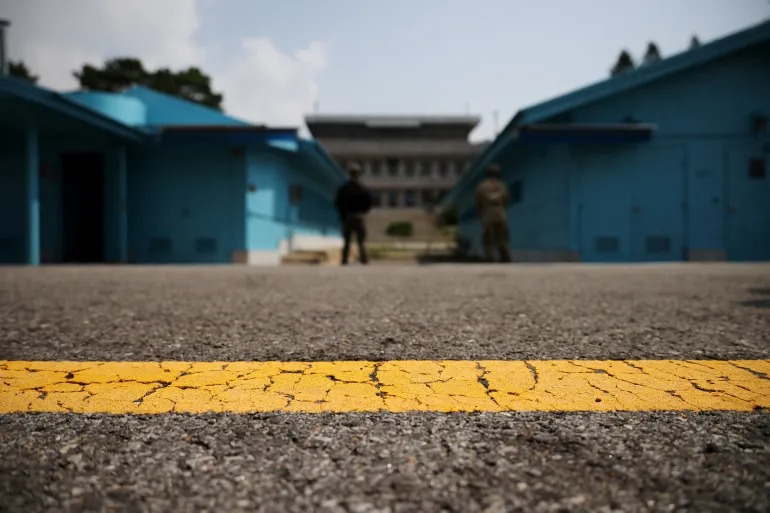The recent military upheaval in Niger has thrown a spotlight on the Western powers’ security strategies in the Sahel region. For years, Niger held a pivotal role in the security architecture of countries like the United States and France, hosting military bases and receiving significant international support. However, a series of military coups in the Sahel have prompted questions about the effectiveness of the large-scale military interventions carried out by the West. As Russia and China seize opportunities and non-state armed groups expand their influence, the focus now turns to whether the US and France will revise their security policies in the Sahel.
Niger’s Key Role in Western Security Architecture
Niger’s significance in Western security efforts within the Sahel region was underscored by its hosting of US and French military bases. International support surged, with the European Union, France, and the US providing substantial financial aid. This support contributed to a relatively secure environment in Niger, limiting violent activities. The country’s success in reducing civilian casualties amidst global terrorist attacks stood as a testament to its strategic importance.
Unintended Consequences of Military Interventions
While the US and France engaged in military interventions to curb instability, the outcomes have been mixed. These interventions inadvertently fueled anti-Western sentiments, opening doors for Russia and China to enhance their influence in the region. Meanwhile, non-state armed groups capitalized on power vacuums, establishing control in regions they operate. Their emergence as de facto authorities has challenged the West’s approach to security.
Reevaluating Security Policies in Sahel
The United States’ reliance on Niger for surveillance and intelligence gathering through its Africa Command (AFRICOM) is now at a crossroads. Just as Libya saw a shift in US security policy after Ambassador Chris Stevens’ death, Niger might experience a similar change. The US, cautious of protracted wars like Vietnam and Afghanistan, may reconsider its dominant security enforcer role in the Sahel, potentially reducing its presence to remote intelligence and support.
France: A Backfiring Policy
France, with vested interests in Niger’s uranium resources and political stability, faces its own challenges. The rise of Pan-Africanism with anti-Western sentiments has fueled political shifts, with leaders capitalizing on anti-French sentiments to gain power. France’s military efforts, concentrated on armed groups’ capacities, have overlooked local networks, ethnic dynamics, and socioeconomic factors driving their influence. As France’s grip weakens, Russia’s Wagner private military company seeks to fill the void.
Rethinking and Retreating?
The Nigerien military takeover has put Western powers at a crossroads. The dilemma centers on whether France and the US will bear the costs of military intervention or opt for a strategic retreat. With growing uncertainty in the Sahel, questions linger about potential ECOWAS intervention and the role of France and the US. As the region adapts to shifting power dynamics, the Western powers find themselves at a critical juncture, evaluating the best course of action for their security policies in the Sahel.
















